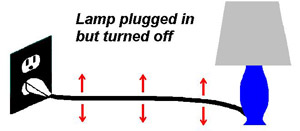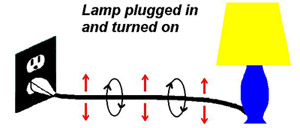Your pacemaker is designed to work properly around most appliances and equipment, including microwaves, electric razors, and personal computers. Most things you handle or work near every day will not cause a problem. However, some strong electrical or magnetic fields may affect your pacemaker, such as the security arches in stores. The effects are usually temporary. Your pacemaker will return to normal as soon as you move away from the source of the field.
Several medical and dental procedures require special precautions to prevent device
interference. Learn more about sources of electromagnetic interference (EMI) below. If you have questions about a specific appliance, tool, medical procedure, or piece of equipment, talk with us or contact the manufacturer of your device. The contact details for the various device manufacturers are below.






No Comments
Sorry, the comment form is closed at this time.